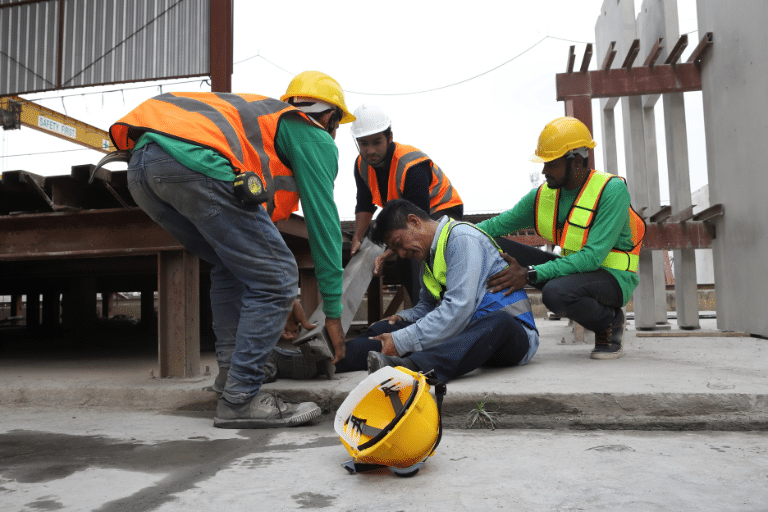Did you get hurt on the job recently? If your injury was serious enough that you have not been able to return to work, or you have required significant medical care and expect your disability to continue, you should be learning about filing a workers’ compensation claim as soon as possible. You will need to report the injury to your employer as soon as possible, and the Ohio Bureau of Workers’ Compensation (BWC) only gives you one year from the date of the injury to file a claim for benefits. Yet the claims process can be confusing for many workers, who assume they may be eligible to file a negligence lawsuit against a worker who failed to supply proper safety equipment or who failed to have a piece of machinery regularly maintained. If you begin investigating your options, you might learn that workers’ compensation is known as an “exclusive remedy.”
What is an exclusive remedy, and is workers’ compensation the exclusive remedy for all workplace injuries in Ohio?
Learning More About an “Exclusive Remedy”
Workers’ compensation systems in Ohio and in other states are often described as an “exclusive remedy,” which means workers’ comp benefits are the only remedy available to an injured worker. As the only remedy that is available, an injured worker cannot sue his or her employer for negligence.
Why are these benefits the only or the exclusive remedy in situations where an employer made a serious mistake? There are a number of reasons that the workers’ compensation system functions this way. First, as an exclusive remedy, workers’ comp can be a no-fault system, which also protects the injured worker—even if the injured worker was partially or fully responsible or at fault for their own injuries, that worker can still recover the full workers’ compensation benefit. It does not matter who was at fault. In addition, the no-fault system means that an injured worker does not need to go through the complex task of proving the employer’s fault in order to obtain compensation.
Is Workers’ Comp Always an Exclusive Remedy?
There are some scenarios in which an injured worker could be eligible to file a lawsuit. In Ohio, it is quite rare, but an injured worker may, in some limited situations, be able to file a lawsuit against an employer who engages in an intentional act that causes harm. More often, scenarios in which workers’ comp is not the only remedy are those in which a third party is responsible for the worker’s injury.
For instance, the designer or manufacturer of a defective piece of equipment could be held responsible in a third-party lawsuit. Similarly, if a negligent motorist causes an accident on a highway construction project, an injured worker may be able to file a third-party lawsuit against that negligent driver.
Contact Me for Assistance with Your Workers’ Comp Claim
Understanding how the workers’ compensation system functions, especially when you know someone else was responsible for your injuries. Yet seeking compensation for an on-the-job injury outside the workers’ compensation system can be complicated. I can assess your case and can help you to determine whether there are options to file a personal injury lawsuit for your workplace injury. If it is possible to hold another party accountable for your injuries, I’ll Make Them Pay!® Call my office at 877.944.4373 to discuss your workplace injury and to learn more about your options for financial compensation.







